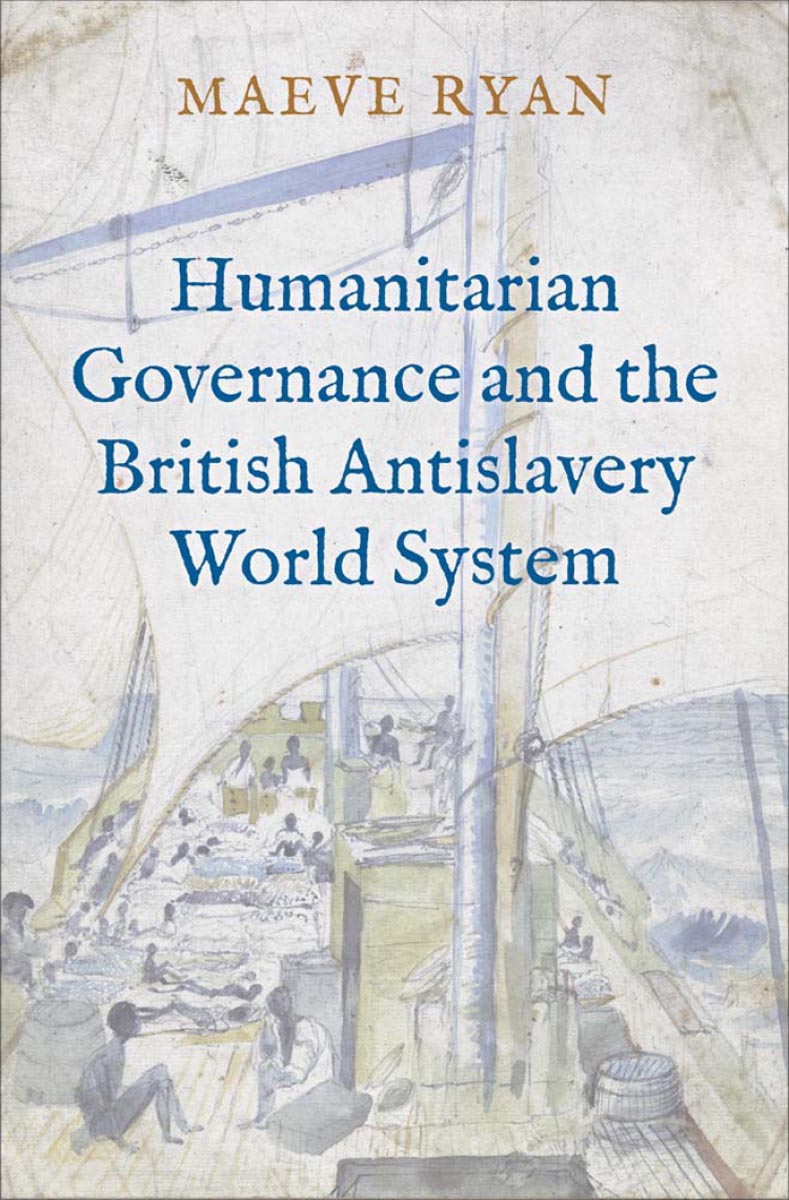HB:
£40.00
QTY:
Categories:
Humanitarian Governance and the British Antislavery World System
How the suppression of the slave trade and the "disposal" of liberated Africans shaped the emergence of modern humanitarianism.
Between 1808 and 1867, the British navy's Atlantic squadrons seized nearly two thousand slave ships, "re-capturing" almost two hundred thousand enslaved people and resettling them as liberated Africans across sites from Sierra Leone and Cape Colony to the West Indies, Brazil, Cuba, and beyond. In this wide-ranging study, Maeve Ryan explores the set of imperial experiments that took shape as British authorities sought to order and instrumentalise the liberated Africans, and examines the dual discourses of compassion and control that evolved around a people expected to repay the debt of their salvation. Ryan traces the ideas that shaped "disposal" policies towards liberated Africans, and the forms of resistance and accommodation that characterized their responses. This book demonstrates the impact of interventionist experiments on the lives of the liberated people, on the evolution of a British antislavery "world system", and on the emergence of modern understandings of refuge, asylum, and humanitarian governance.
Between 1808 and 1867, the British navy's Atlantic squadrons seized nearly two thousand slave ships, "re-capturing" almost two hundred thousand enslaved people and resettling them as liberated Africans across sites from Sierra Leone and Cape Colony to the West Indies, Brazil, Cuba, and beyond. In this wide-ranging study, Maeve Ryan explores the set of imperial experiments that took shape as British authorities sought to order and instrumentalise the liberated Africans, and examines the dual discourses of compassion and control that evolved around a people expected to repay the debt of their salvation. Ryan traces the ideas that shaped "disposal" policies towards liberated Africans, and the forms of resistance and accommodation that characterized their responses. This book demonstrates the impact of interventionist experiments on the lives of the liberated people, on the evolution of a British antislavery "world system", and on the emergence of modern understandings of refuge, asylum, and humanitarian governance.
About the author
Maeve Ryan is a senior lecturer in history and grand strategy in the Department of War Studies and co-director of the Centre for Grand Strategy at King's College London.


